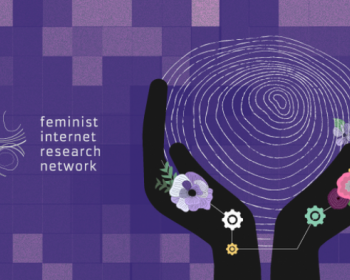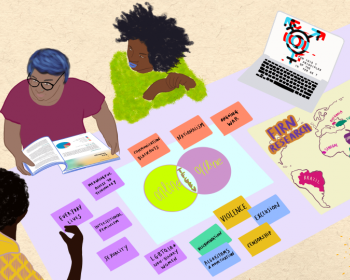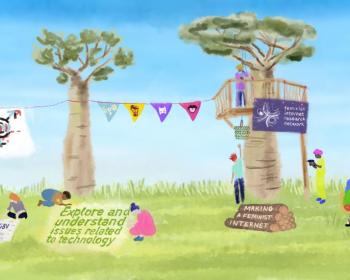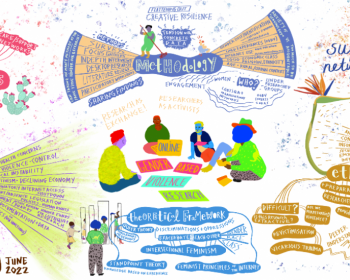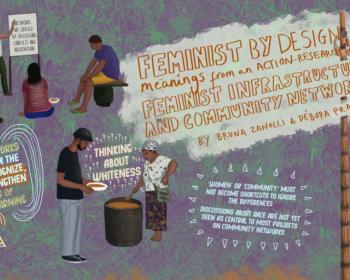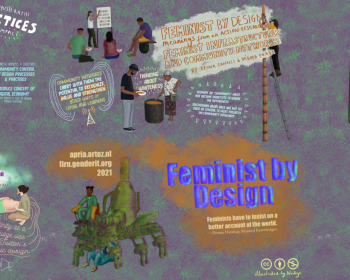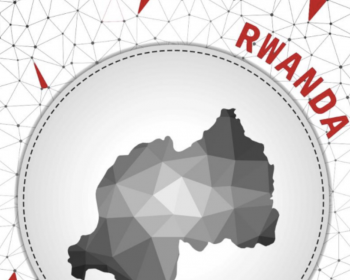feminist research
We are excited to announce the third iteration of the Feminist Internet Research Network (FIRN). Partnering with 10 new researchers from the global South, the network will engage with 18-month research projects that focus on technology-facilitated gender-based violence (TFGBV).
This edition focuses on research conducted as part of the Feminist Internet Research Network (FIRN) initiative that showcases the interconnections of online gender-based violence with different countries' local contexts and everyday realities.
In spite of expanding awareness on online and technology-facilitated gender-based violence, there has only been an increase in the violence online in the last decade. Feminist research points to ways to address this ongoing challenge.
When conducting feminist research, it is important to acknowledge various intersectionalities, as well as ethics of care, challenges and all the dynamic interconnections in the process. The Feminist Internet Research Network partners have explored these themes in their research through the years.
The project envisages the implementation of a Wi-Fi community network in quilombo Ribeirão Grande/Terra Seca by actively encouraging the involvement of the entire region in multiple workshops and knowledge exchanges. In this article, we focus on the gendered and racial aspects of our journey.
Design justice principles call for the process and end result of design to challenge the matrix of domination through practices such as centring the voices of marginalised communities and using collaborative processes to sustain and empower those communities.
The meta-research project formed part of the broader Feminist Internet Research Network (FIRN) project led by APC and created a feminist space for dialogue to explore the complexities of doing internet research.
Feminist By Design is ambitious in its title and aims. The journal showcases research journeys, findings and feminist intentions, bringing together a diverse group of researchers from around the world who were part of the Feminist Internet Research Network (FIRN).
Taking Latin America as a point of departure, this research seeks to contribute to the development of an anti-colonial feminist framework to question artificial intelligence systems that are being deployed by the public sector, particularly focused on social welfare programmes.
This study combined quantitative and qualitative research to explore what socioeconomic factors inhibit internet access for women in rural and urban settings in Rwanda. It was produced with the support of APC as part of the Feminist Internet Research Network (FIRN).

Association for Progressive Communications (APC) 2022
Unless otherwise stated, content on the APC website is licensed under Creative Commons Attribution 4.0 International (CC BY 4.0)



